Coupled mechanical-thermal-moisture AI driven optimisation for zero-emission building design
Please login to view abstract download link
Achieving zero-emission building (ZEB) targets can benefit from the integration of locally sourced materials and optimised configurations to balance energy efficiency, environmental sustainability, and cost-effectiveness. The complex interplay of mechanical stresses, thermal properties, and moisture transport in building materials demands advanced simulation techniques to ensure accurate predictions and robust designs. The Horizon Europe programme ZEBAI project (https://zebai.eu/) responds to this need by introducing an innovative AI-assisted methodology for ZEB design, by integrating simultaneously AI technology and mechanistic coupled mechanical-thermal-moisture simulations. This framework integrates experimental data with finite element modeling to predict building performance for a variety of material combinations under diverse environmental conditions, addressing key factors such as hygrothermal behavior, mechanical stability, and material durability. The methodology bridges the gap between simulations and real-world performance, optimising material selection and structural configurations while ensuring compliance with local climatic and regulatory constraints. In this presentation, we will present how the proposed framework is designed along with some preliminary results.

